In this blog, we'll explore 7 Common Pickleball Injuries and provide valuable tips on how to prevent them, ensuring that you can enjoy this fantastic sport while staying injury-free.
1. Sprained Ankle
A sprained ankle is one of the most prevalent pickleball injuries, often resulting from sudden changes in direction, quick stops, or landing awkwardly after jumping to make a shot. Here's how you can prevent it:
Prevention Tips:
- Proper Footwear:
- Invest in a good pair of court shoes with excellent support to stabilize your feet during lateral movements.
- Warm-Up:
- Always start your game with a thorough warm-up, including ankle-specific stretches and exercises to improve flexibility and strength.
- Strengthen Ankles/Feet:
- Incorporate ankle and feet exercises to work on strengthening the muscles that support the ankle.
| 2. Tennis Elbow Tennis elbow, or lateral epicondylitis, can affect pickleball players due to the repetitive arm motions involved in swinging the paddle. To prevent this painful condition: Prevention Tips:
|
The rapid overhead motions in pickleball can put stress on your shoulder joints, leading to injuries like rotator cuff strains or tendinopathy. Here's how to keep your shoulders healthy:
Prevention Tips:
- Warm-Up and Stretch:
- Start with shoulder-specific warm-up exercises and stretches to prepare your shoulder muscles for action.
- Strength Training:
- Develop shoulder and upper back strength through targeted exercises to provide support during gameplay.
- Proper Technique:
- Maintain good form while serving and hitting overhead shots to reduce the risk of overuse injuries.
Pickleball involves a lot of quick lateral movements, which can strain the knee joints and potentially cause injuries like sprains or tears. Prevent knee injuries by following these tips:
Prevention Tips:
- Strengthen Quads and Hamstrings:
- Focus on strengthening your quadriceps and hamstrings through leg exercises to provide better knee support.
- Proper Footwork:
- Learn and practice proper footwork techniques to reduce unnecessary strain on your knees during play.
- Knee Braces:
- If you have a history of knee issues, consider wearing knee braces for added support.
Overuse injuries can affect various parts of the body, from the knees to the wrists, due to repetitive motions in pickleball. Prevent these injuries with the following strategies:
Prevention Tips:
- Balanced Training:
- Incorporate a well-rounded fitness regimen that includes strength training, flexibility exercises, and cardiovascular conditioning to reduce the risk of overuse injuries.
- Rest and Recovery:
- Allow your body adequate time to rest between pickleball sessions. Listen to your body and take breaks when needed.
- Cross-Training:
- Mix up your physical activities to avoid overusing the same muscles and joints consistently.
Pickleball is often played in outdoor settings, and players may be prone to dehydration and heat-related illnesses. Keep these tips in mind to stay safe:
Prevention Tips:
- Hydration:
- Drink plenty of water before, during, and after your games. Electrolyte-rich beverages can also help replenish lost minerals.
- Sun Protection:
- Wear sunscreen, a wide-brimmed hat, and sunglasses to protect yourself from the sun's harmful rays.
- Cooling Strategies:
- Use cooling towels, seek shade during breaks, and take off excess layers if you feel overheated.
Pickleball is played on a hard court with a solid paddle and a hard ball, making cuts and bruises relatively common. To minimize these injuries:
Prevention Tips:
- Protective Gear:
- Consider wearing knee and elbow pads if you are prone to falls or collisions on the court.
- Paddle Control:
- Practice precision and control to minimize paddle-ball collisions that can lead to injuries.
- Stay Alert:
- Pay close attention to your surroundings and the movement of other players on the court to avoid accidental contact.
Pickleball is an enjoyable sport that can be played by people of all ages and fitness levels. However, like any physical activity, it comes with some inherent injury risks.
By following the prevention tips outlined in this blog, you can significantly reduce your chances of sustaining common pickleball injuries and ensure a safer and more enjoyable playing experience.
Remember that staying injury-free is not only about physical preparation but also about practicing good sportsmanship, maintaining a positive attitude, and having fun on the court. So, play smart, stay safe, and savour every moment of your pickleball journey!
If you are struggling with an injury, or have a question about you Pickleball journey, be sure to contact us today!
~ Rahim Ramji, Physiotherapist, YWCA Saskatoon Location

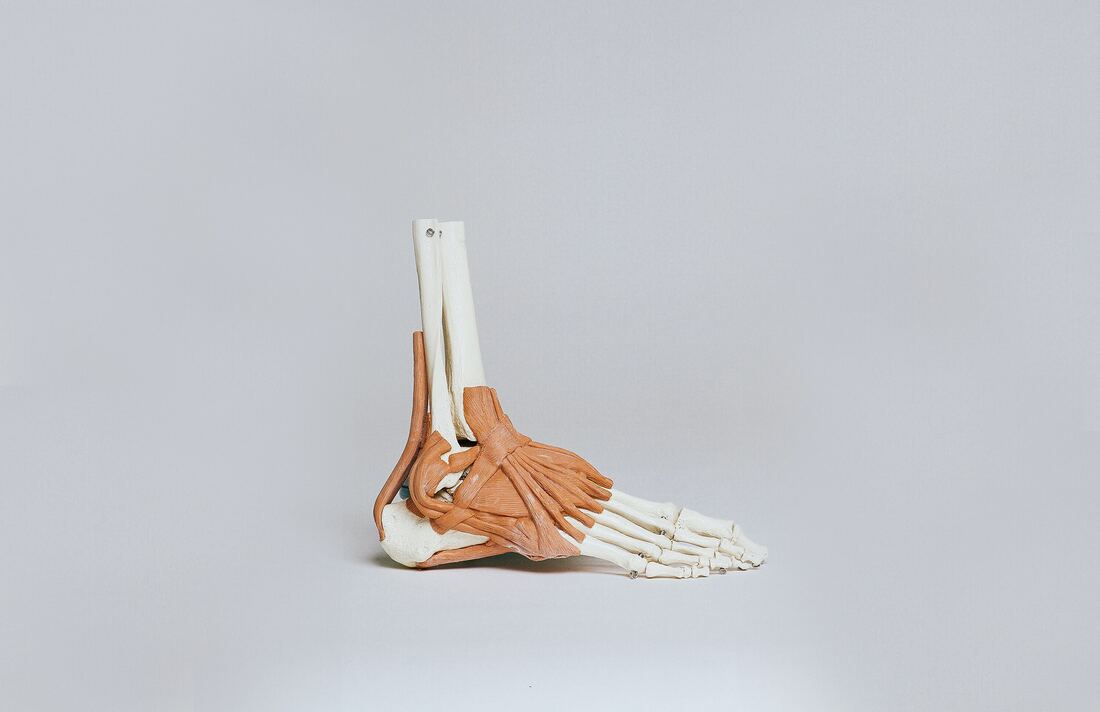

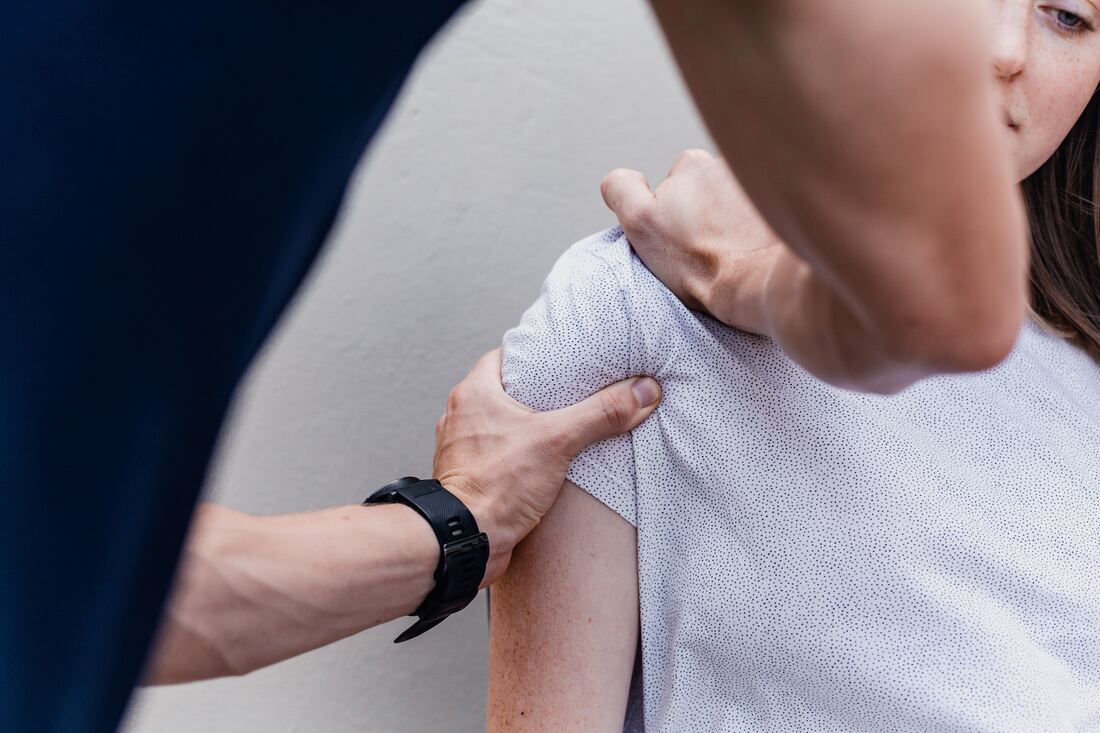
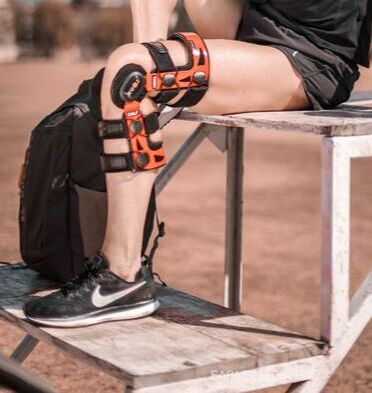
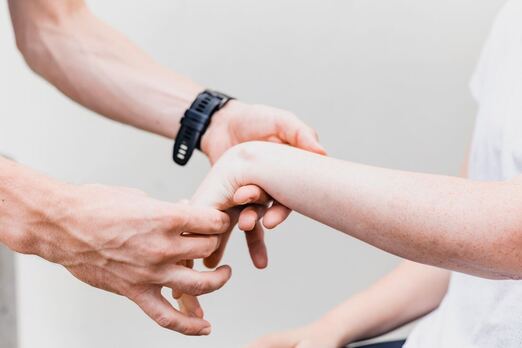

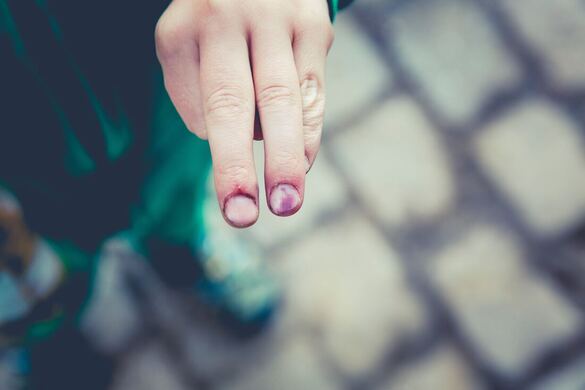

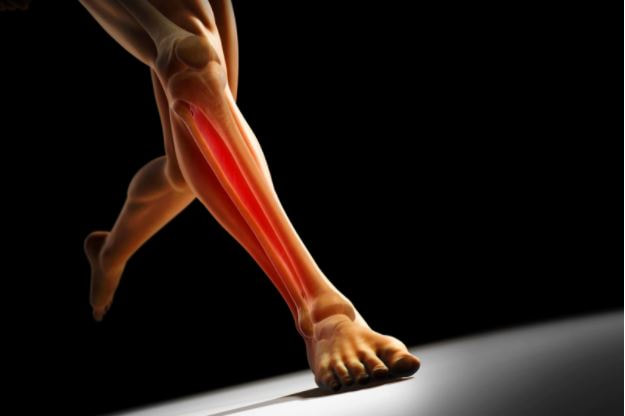
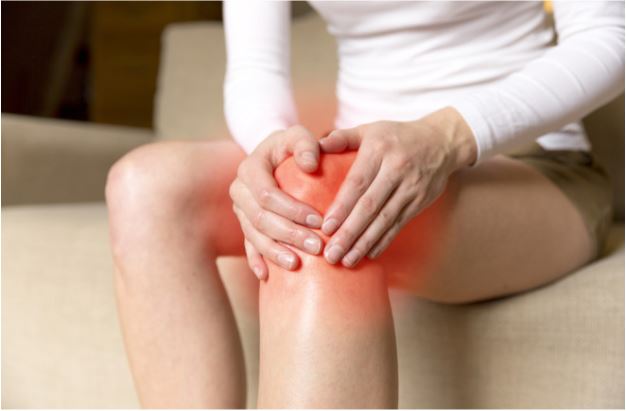

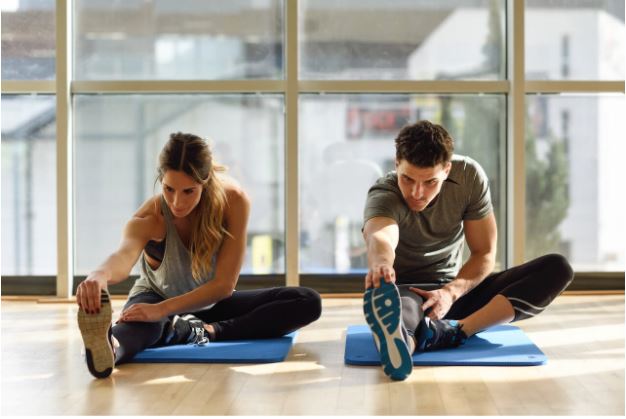

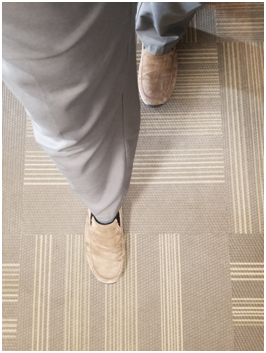
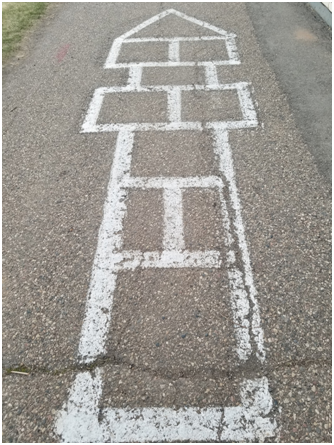




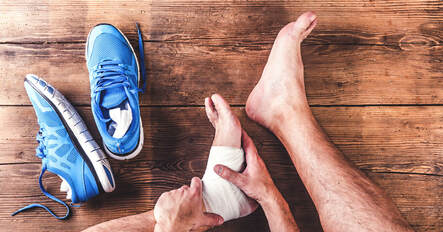

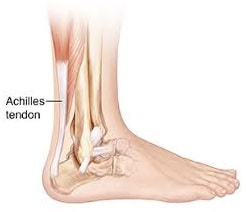

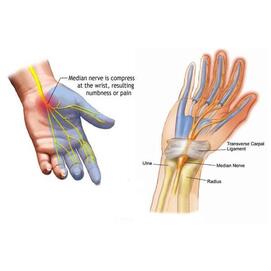


 RSS Feed
RSS Feed